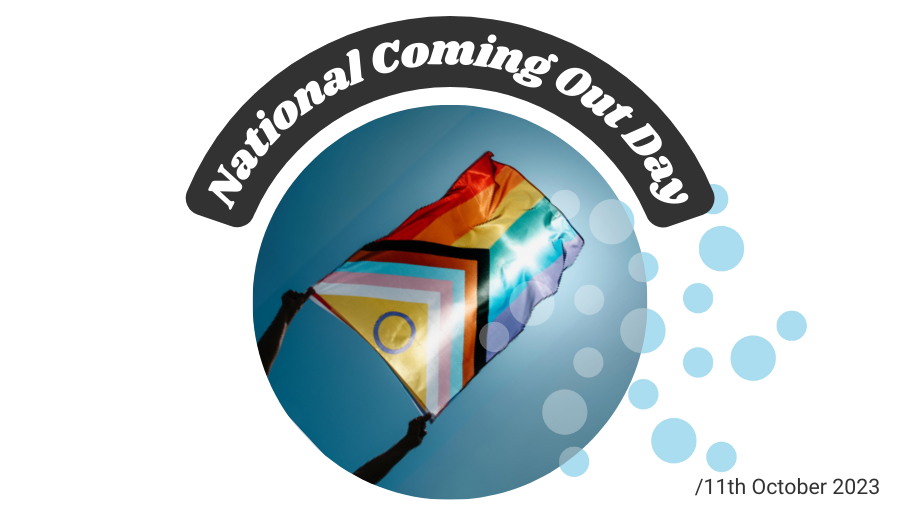National Coming Out Day, celebrated annually on October 11th, is a time to celebrate and support the LGBTQ+ community. It's a day that encourages individuals to embrace their true selves and be open about their sexual orientation or gender identity.
One place where this openness and acceptance should thrive is within education environments, as schools are a significant part of a young person's life, and feeling safe and supported is crucial for their emotional well-being. When schools actively promote LGBTQ+ inclusivity, they create a safe space for LGBTQ+ students to be themselves without fear of discrimination or bullying. This not only improves students' mental health but also enhances their overall educational experience.
LGBTQ+ inclusivity in schools helps break down harmful stereotypes and stigmas associated with LGBTQ+ identities. It allows students to challenge preconceived notions and foster empathy and understanding.
Inclusivity goes beyond simply tolerating differences; it actively celebrates diversity and promotes inclusion. It teaches students that everyone deserves respect and acceptance, regardless of their sexual orientation, gender identity, or family structure. These values extend beyond the school environment and can shape a more inclusive society.

Suggestions for Teachers on National Coming Out Day
- Create a Supportive Classroom Atmosphere
On National Coming Out Day, teachers can set the tone for inclusivity by creating a supportive classroom atmosphere. Share the significance of the day with your students and remind them that your classroom is a safe space for everyone. Encourage open dialogue and questions, making it clear that you are there to support and educate.
- Incorporate LGBTQ+ Literature and History
Include LGBTQ+ literature and history in your curriculum. This not only helps usualise LGBTQ+ experiences but also provides representation for LGBTQ+ students. Books like " Perfectly Norman” by Tom Percival, or one of the Seven Stories ‘Pride’ recommended reading list can be excellent additions to your reading list
- Invite LGBTQ+ Guest Speakers
Consider inviting LGBTQ+ guest speakers to your classroom or school to share their personal experiences and insights. Hearing from LGBTQ+ Role Models can be incredibly inspiring and educational for students. These speakers can help students understand the diversity of the LGBTQ+ community and the challenges they may face. You can book a Diversity Role Models workshop, which includes the opportunity to meet one of our Volunteer Role Models, here.
- Educate Yourself and Your Colleagues
Take the initiative to educate yourself about LGBTQ+ issues, terminology, and experiences. Share this knowledge with your colleagues to create a more inclusive school environment collectively. Workshops and training sessions on LGBTQ+ inclusivity can be valuable for both educators and staff. Teachers, School Governors and other education professionals can book one of our Diversity Role Models training workshops run by an experienced facilitator here.
- Display Symbols of Inclusivity
On National Coming Out Day, decorate your classroom or school with symbols of LGBTQ+ inclusivity, such as rainbow flags or posters. This visual representation sends a powerful message of support and solidarity to LGBTQ+ students and staff. Diversity Role Models have a wide range of educational resources and display material available for teachers to for FREE. Get access to them here.
National Coming Out Day is a reminder of the importance of embracing diversity and promoting inclusivity, especially in our schools. By creating safe and supportive environments, educators can play a crucial role in making it easier for young people to be open about who they are. Through education, awareness, and empathy, we can empower LGBTQ+ students to embrace their true selves and ensure that every day in school is a day of acceptance and celebration. Together, we can build a future where everyone is free to be themselves, regardless of their sexual orientation or gender identity.
